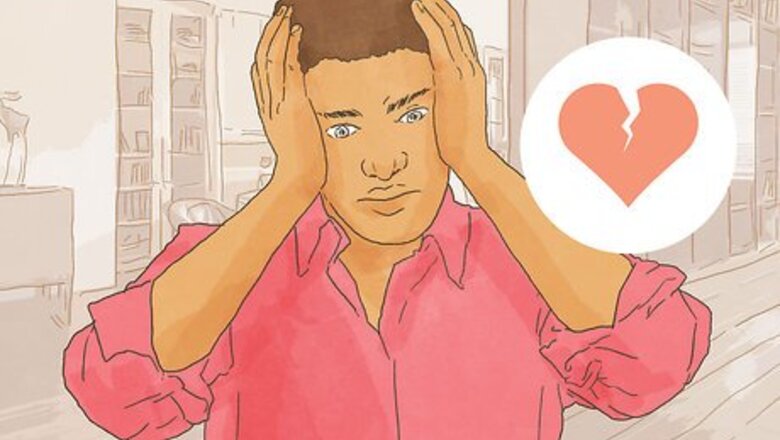
views
Healing Old Wounds

Acknowledge your open wounds. It’s nearly impossible to open your heart when you are still nursing old wounds. Healing requires acknowledging what hurts. Simply speaking your hurts aloud can impact the way you view them. Often, when things hurt, you may try to ignore them. The only way to move on is by acknowledging what happened. It’s time to admit that you were hurt and truly feel these painful emotions you have been suppressing. If your ex broke your heart by cheating, admit to it. You might say, “I was heartbroken when Sasha cheated. It really made it hard for me to trust again.”
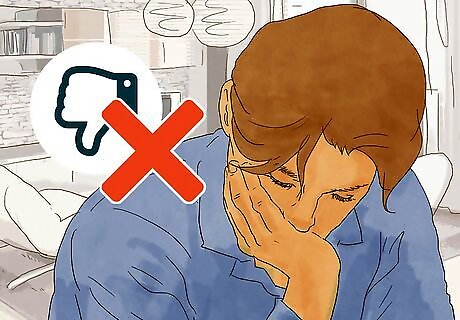
Challenge negative beliefs. Experiencing emotional pain can cause you to develop negative beliefs about all people. These beliefs become ingrained and, over time, close your heart to love. To heal, you must identify the thought patterns that cause you to shut others out. For example, you think “Because my best friend neglected me when I most needed him, it’s best not to count on others.” As a result, you never let anyone in or ask for help when you need it. Challenge this belief by asking yourself some questions: What evidence is there that makes this true? Is this belief always true? Am I considering the full picture about what happened? Does this belief promote happiness and well-being? Use these questions to attack the negative beliefs or assumptions you have built about others.
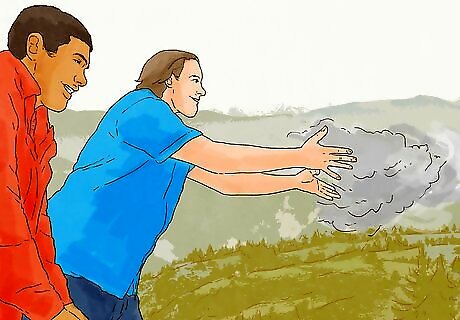
Let go of the pain with a release ritual. In order to open your heart, you must risk letting go of the past. Holding on to all that’s happened before only weighs you down, making it harder for you to embrace new relationships and opportunities. Perform a ritual to release old hurts and invite in a fresh perspective. Write down in detail what happened to you and your reaction to the hurt. Then, write down the incident from the perspective of the other person who hurt you. Remember how they reacted and imagine how they must have felt. This helps you see the situation from a different perspective. Once you have fully released the event by writing it down on paper, destroy the paper. Toss it into a fire, tear it into tiny pieces, or bury it in the woods. This symbolizes an emotional release. What happened in the past no longer has a hold on you.

Seek professional help. Doing the work of healing past hurts is upsetting and draining. If you find yourself stuck and unable to move forward, it may help to see a mental health therapist. This person can help you identify the traumas that are closing your heart and offer effective strategies for truly letting go.
Practicing Vulnerability
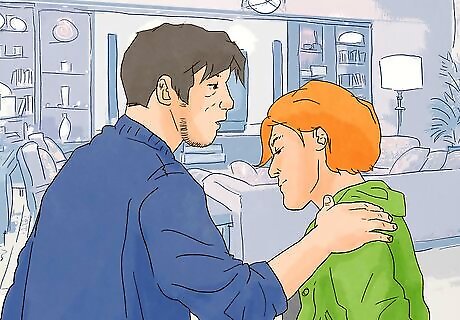
Show compassion for yourself and others. If your heart is closed, odds are you have a tendency to harshly judge and criticize yourself and other people. Learning to practice compassion can help you enhance your vulnerability and open your heart. Be compassionate with yourself by extending forgiveness for your flaws and faults. Take ownership for your mistakes and refuse to hide them. Be gentle with yourself. Stop holding yourself to impossible standards. Be compassionate with others by remembering that they are flawed and human, too. Accept and forgive freely—don’t hold grudges. Aim to see the best in people rather than dwelling on their faults.

Reconnect with your inner child. A closed heart often translates to taking things very seriously. Lighten up a bit. Remember how you used to be before the world hardened your heart. Laugh. Dance in the rain. Tell silly jokes. Run through the meadows with bare feet. If you have trouble reconnecting with your inner child, spend some time hanging out with a small child. They will help you remember.

Be a giver, but be okay with receiving, too. Often when we close off our hearts, we also become selfish. You may have adopted a “me vs. them” perception of life and stopped willingly lending a hand to others. Vulnerable people have an attitude of giving. Not for credit, just because. However, you must also be willing to let your loved ones give to you, too. Ask a friend or family member what you can do for them. Say, “Is there anything I can do to make your day easier or better?” Similarly, if you are in need, have the courage to ask for help. Say, “I could really use another eye on this history paper. Do you mind looking at it once I’m done?” You might also give of your time or money to charities or local volunteer organizations.
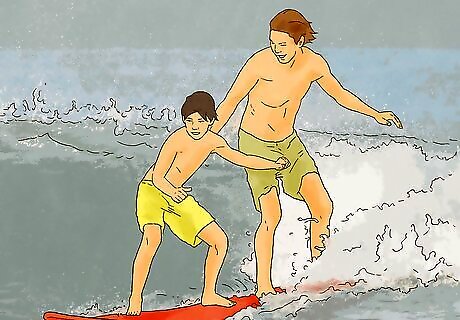
Try new things. Having a closed heart often means you have closed yourself off to challenges and new opportunities. When you are learning to be vulnerable, you can relax the reigns and not worry about doing everything so perfectly. Take on new challenges for the sheer enjoyment of learning something new. Learn a new language. Sign up for a class as a total novice. Think of something you haven’t a clue of how to do and start reading on the subject. Put yourself out there and risk making a mistake.
Living with Heart

Start a meditation practice. Meditation helps you learn to be mindful and aware of the moment as you’re in it. Beginning a regular meditation practice can help you tune in to your heart and help you open up to the world around you. Try this 5-minute meditation: Sit comfortably in a place with no distractions. Take deep, cleansing breaths, in and out. Place a hand on your heart and the other on your belly. As you breathe in, imagine that you are pulling in all the good that the universe has to offer. As you breathe out, release any pain or worries you have been holding on to.

Let yourself cry. A common mark of a closed-hearted person is their tendency to push away painful emotions. Practice open-heartedness by giving yourself permission to cry. Crying is cathartic and can actually be good for you. If you don’t have anything immediate to cry about, purposely watch a movie or read an emotional story. As you cry, don’t judge or criticize yourself. Simply be present in the moment as the tears fall. Then, offer yourself comfort with something like “I’m with you” and gently caress your back and shoulders.
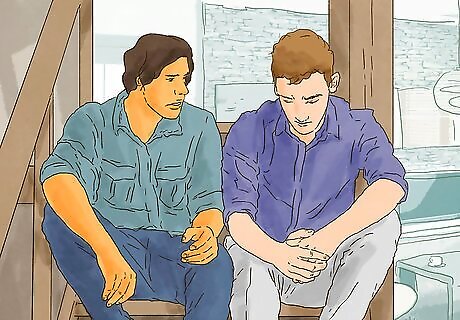
Deepen your connections with disclosure. If your heart has been closed for a while, your relationships may be primarily surface-level. Practice letting others in by disclosing intimate details about yourself. Start light before revealing your deeper secrets to allow both you and the other person to acclimate to your newfound openness. For instance, you might choose to tell a friend “It really hurt my feelings when you canceled our plans at the last minute. I was really looking forward to hanging out.” If this mini-disclosure is met with acceptance and empathy, later, you might choose to share something more emotional like how you felt after a major loss in your life.
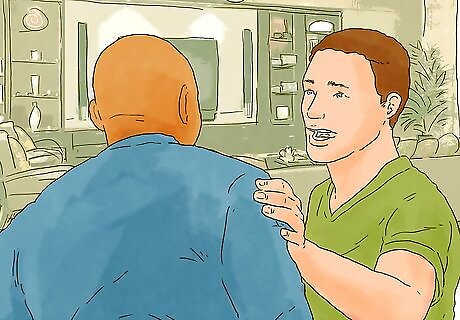
Show affection. As you get accustomed to opening up to others, you should challenge yourself to exchange physical touch. Hugs, caresses, and kisses are all ways humans show their love and affection. However, if you have previously closed your heart, these gestures may be foreign to you. When you and a friend are laughing, lightly touch their arm. If a coworker is crying, rub their upper back to offer comfort. Greet a relative with a hug instead of a handshake (if you’ve never done this, it may be appropriate to ask first). Touch is a major form of communication; start using it in your relationships.



















Comments
0 comment